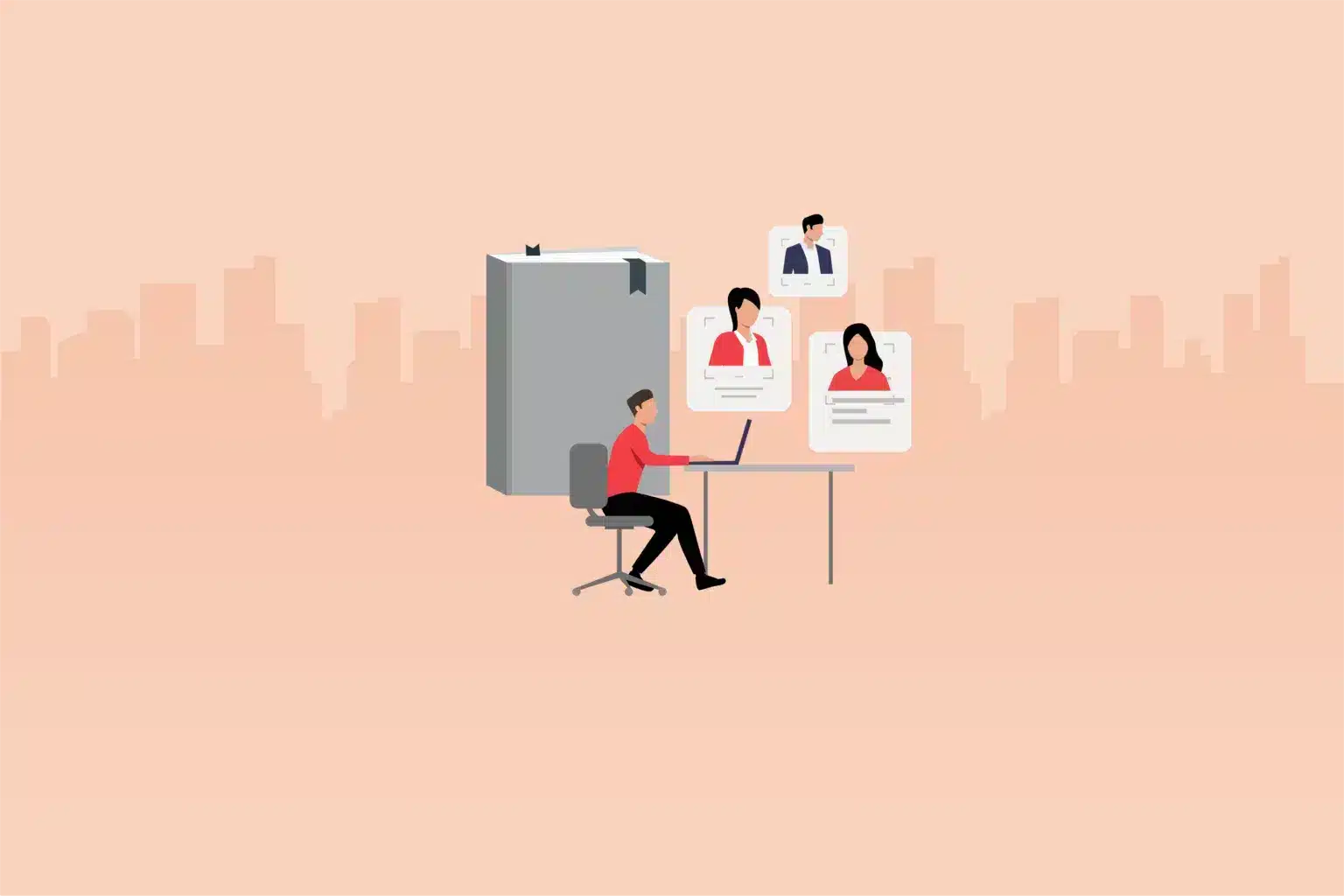Every recruiter wants to develop their talent pool with top performers, and to do that, traditionally they need to spend lots of time doing background checks and resume verification but now with online cognitive tests, they can easily find out top performing candidates with good cognitive reasoning skills.
Now you’re thinking how good cognitive reasoning can predict the top performers, right? This is exactly what we are going to find out in this blog.
The role of cognitive reasoning in performance prediction
Cognitive reasoning is like a secret superpower in the workplace. It’s all about how well someone can think, solve problems, and make smart decisions. Imagine having a team where everyone is a quick thinker and problem-solver – that’s what focusing on cognitive reasoning can do when predicting top performers.
But what exactly is cognitive reasoning? In simple terms, we can understand and process information, and then use that understanding to navigate through work challenges. It’s not just about being book-smart; it’s about being street-smart at work.
Here’s why it’s important: jobs today are more complex than ever. They require quick thinking and adaptability. By assessing cognitive reasoning during hiring, companies can find those gems – the employees who not only know their stuff but can also think on their feet and adapt in fast-changing environments.
We’ve seen this in action across various industries. For instance, in tech companies, those with strong cognitive skills often come up with innovative solutions. In customer service, quick thinkers can resolve issues more efficiently. So, by focusing on cognitive reasoning, businesses aren’t just filling positions; they’re building a team of superheroes ready to tackle any challenge.
Techniques and tools for assessing cognitive skills
Finding the best people for your team is like being a detective searching for clues. One of the key clues? Cognitive reasoning. It’s all about how well someone can think, understand complex ideas, and solve problems. To uncover this, companies use a variety of cool techniques and tools.
First, tests and quizzes are designed to measure how people think and process information. These aren’t your typical school tests. They’re more like brain teasers and puzzles that challenge your thinking. The goal is to see how candidates approach problems, learn quickly, and adapt to new situations.
Then, there’s technology. Today, we have advanced software that can analyze how people perform on these cognitive tests. This tech gives companies a deeper insight into a candidate’s thinking style and potential job performance.
But here’s the thing – these tests and tools aren’t just about finding the smartest person in the room. They help find the right fit for the job. Some roles might need creative thinkers, while others need detail-oriented planners. By assessing cognitive reasoning, companies can match the right brains to the right jobs, ensuring everyone’s in the right place to shine.
Cognitive reasoning and job role compatibility
Imagine you’re putting together a puzzle. Each piece needs to fit perfectly for the picture to come out right. In the workplace, matching a person’s cognitive reasoning skills with the right job is a lot like that. It’s about finding the perfect fit where someone’s thinking style complements their role.
Cognitive reasoning isn’t just about being smart. It’s about processing information, solving problems, and making decisions. Different jobs need different kinds of thinkers. For example, a creative job like graphic design might need someone with strong visual and imaginative thinking. Meanwhile, a data analyst might need to be a wizard with numbers and patterns.
But why does this match matter? When someone’s cognitive style lines up with their job, magic happens. They’re more likely to excel, feel satisfied, and contribute positively to the team. It’s like giving someone a task they’re naturally good at – they’ll not only do it well but also enjoy it.
By focusing on cognitive reasoning during the hiring process, companies can make smarter, more effective matches. They can place people in roles where they’ll thrive, not just survive. It’s about setting everyone up for success, both the employee and the company.
Cognitive skills and professional development
When we talk about growing in our careers, it’s not just about climbing the ladder; it’s also about sharpening our minds. This is where cognitive reasoning comes into play. It’s like going to the gym but for your brain, strengthening your thinking, solving problems, and making decisions.
Improving cognitive skills is a game-changer for professional growth. Imagine being quicker at understanding complex issues or more creative in finding solutions. This isn’t just good for impressing your boss; it makes your work life more rewarding and less stressful.
Many companies now offer training programs focused on boosting these brain skills. It could be learning new problem-solving techniques or training to think more critically. The cool part? As employees enhance their cognitive skills, they become more efficient and productive. It’s a win-win. The employee feels more capable and confident, and the company benefits from their improved performance.
The long-term benefits are huge. Employees with strong cognitive reasoning are often the ones who lead teams, innovate, and drive businesses forward. By investing in developing these skills, companies aren’t just building better workers; they’re shaping future leaders.
Future trends of Cognitive reasoning in talent management
Thinking about the future of work, one thing’s for sure: cognitive reasoning will be a big star. It’s like having a crystal ball that helps companies predict who will be their next MVPs (Most Valuable Performers). As workplaces evolve, the way we understand and value brainpower is changing too.
We’re already seeing cool innovations in how cognitive reasoning is assessed. Tech is getting smarter, and so are the tests. In the near future, we might see AI-powered assessments that can tell a lot more about a person’s thinking style than ever before. These tools could predict not just who will be good at a job today, but who has the potential to grow and adapt in the future.
And it’s not just about hiring. Companies are starting to use cognitive data to foresee workforce trends. They can plan better, understand what skills they’ll need, and even shape their training programs accordingly. It’s like having a roadmap for building a super-skilled, future-ready team.
In short, cognitive reasoning is becoming a key piece in the puzzle of talent management. It’s helping companies not just find the right people for today, but also prepare for the challenges of tomorrow.
Conclusion
In conclusion, candidates with good cognitive reasoning skills can use their thought processes in a streamlined way, making them more productive.
Choose Testlify as your new remote assessment tool and create cognitive tests within a few clicks. Sign up now with Testlify and check out our vast test library.








